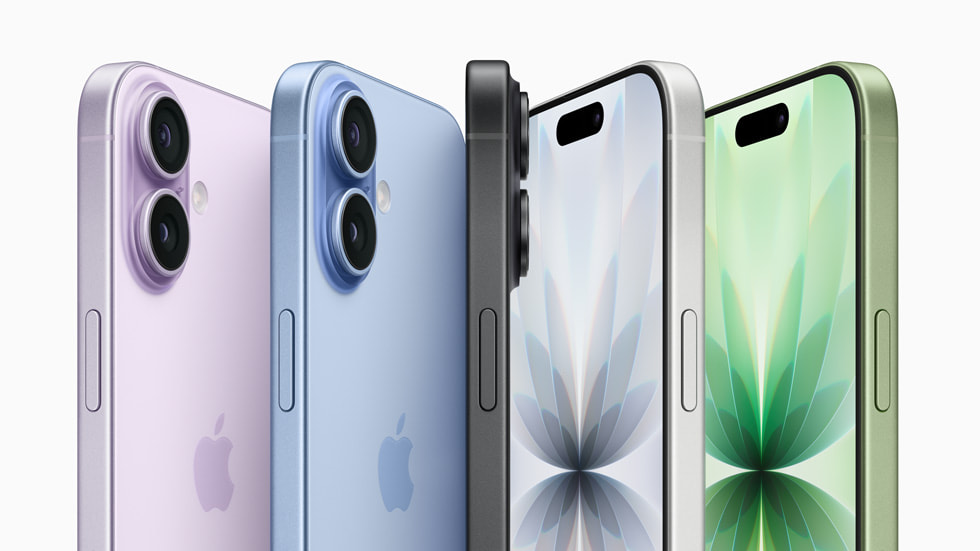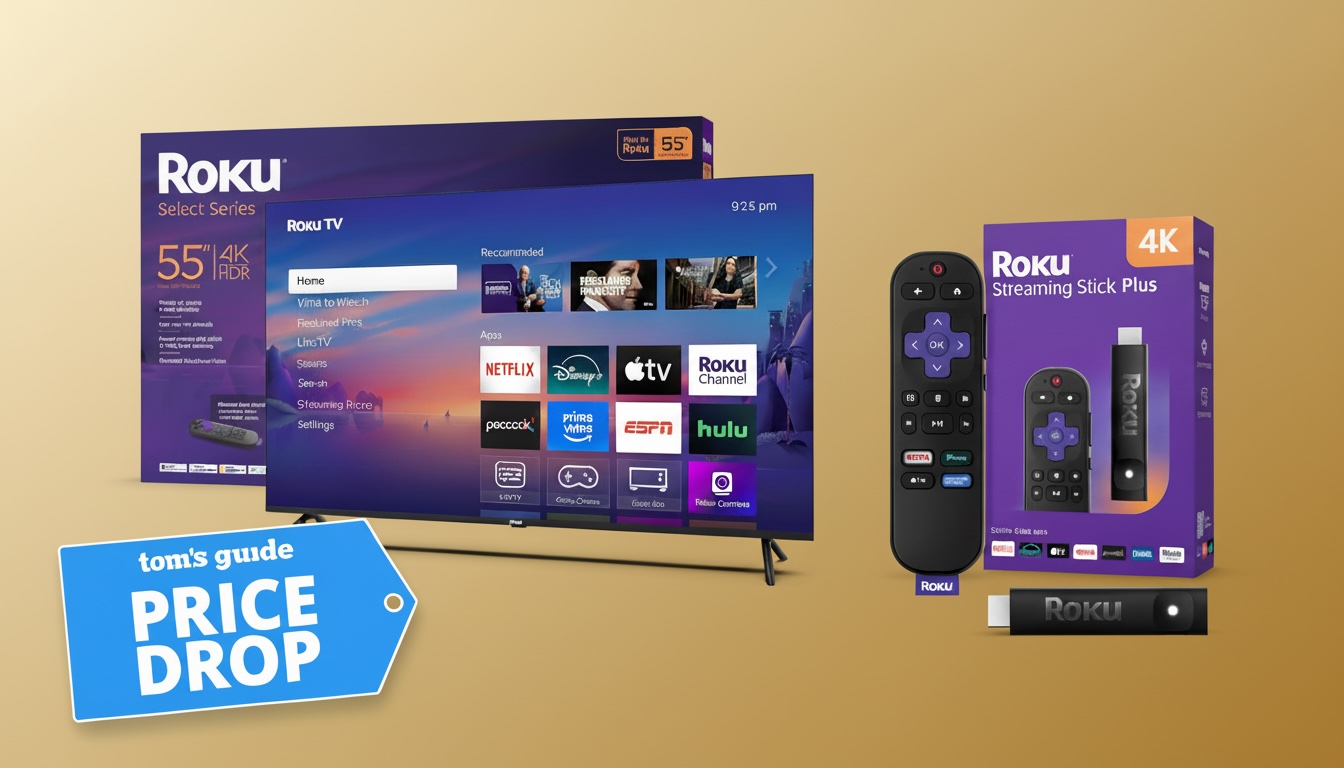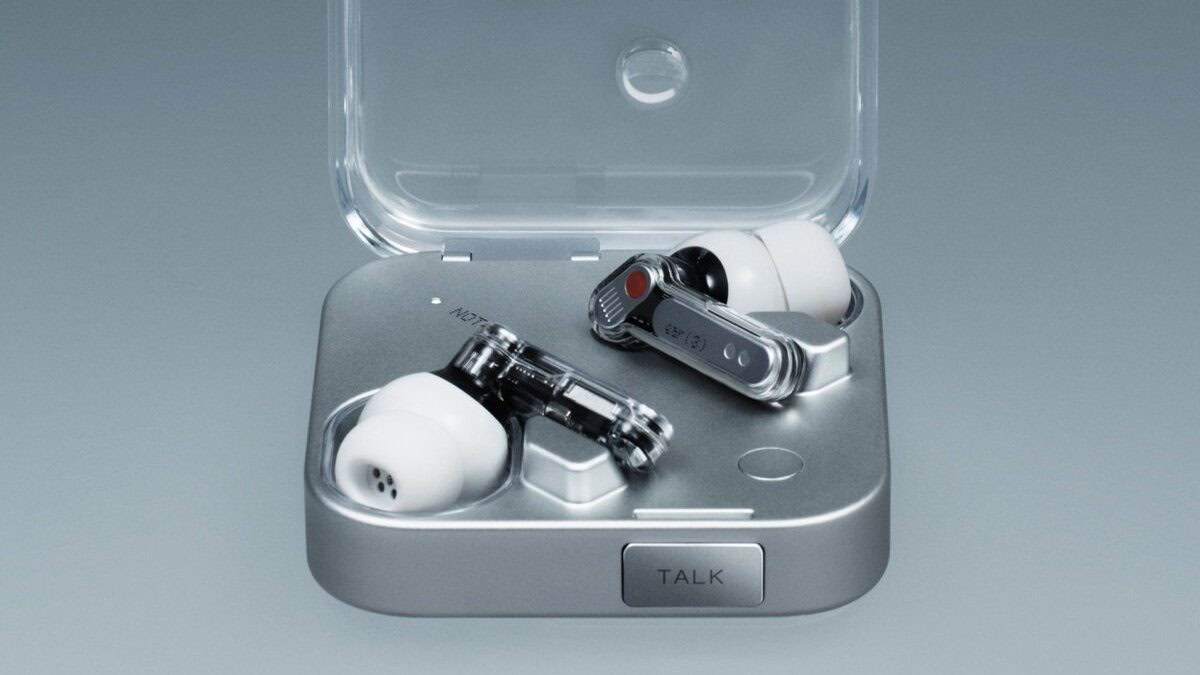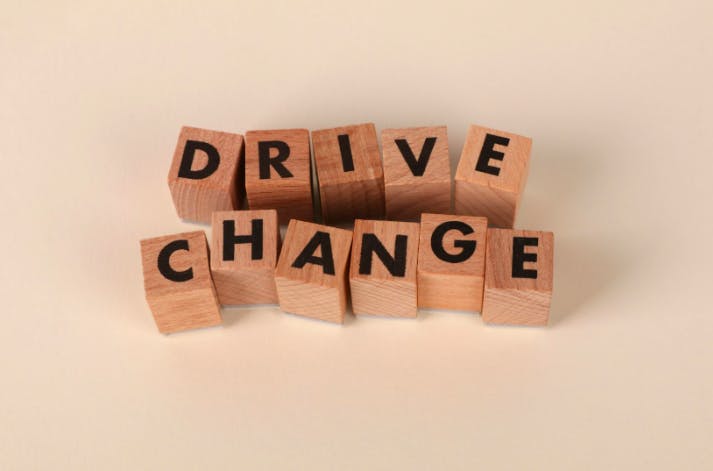Apple unveiled its latest lineup of devices—the iPhone 17, iPhone 17 Pro, and iPhone 17 Pro Max—at its “Awe Dropping” event on Tuesday, September 9. The base model, the iPhone 17, starts at $799 (₦1.2 million), but without official Apple stores in Nigeria, devices will only be available through third-party resellers, often at even higher prices.
Some Nigerians will readily be able to purchase the new Apple range of devices. Still, for many others, this will mean setting aside cash for an extended period—or seeking out alternatives such as Buy-Now-Pay- (BNPL) platforms and other device financing schemes.
Just how long will it take a working-class Nigerian to afford the iPhone 17?
Nigeria’s minimum wage is ₦70,000 (about $46.22) per month. It would take setting aside this wage for 17 months or around 368 working days to afford the base iPhone 17. After a net income and household deductions, that timeframe is much longer.
The purchase and distribution of Apple devices across the country is primarily through third-party sellers, who factor in operational costs and their own profit. Along with inflation rates, this results in a significantly higher resale value.
Kenya, South Africa, and Egypt?
In South Africa, the minimum wage is ZAR 27.58 ($1.58) an hour. To afford the base iPhone 17 at $799, the average South African will need to work an average of 505.70 hours. That is, 63.21 (8-hour) working days, or an average of 2.88 months.
However, while it will take a minimum wage earner almost three months in South Africa to afford the latest iPhone 17, the country hosts the only official iStore on the continent. Currently, the tech giant allows South Africans to trade their current smartphones and get cashback—even for Android users. The retailer is also promoting its iCarePlus warranty, tech support, and network options to ease the upgrade burden and incentivise Android-to-iPhone swaps, which could help soften the financial blow. South Africans with a good credit score can also pay in installments.
In Kenya, the minimum wage comes to KES75.94 ($0.59) an hour. For the minimum wage earner to afford the iPhone 17, they would need to work an average of 1354.24 hours. This means 169.28 (8-hour) working days, or an average of 7.73 months.
There are no official Apple stores in Kenya, leaving Kenyans to buy their Apple devices from authorised third-party outlets and utilise credit-based agreements with vendors or Buy-Now-Pay- services.
Egypt’s minimum wage is EGP6,000.00 (about $121.34) per month. So, it would take a minimum wage earner in Egypt an average of 6.58 months, or an average of 143.08 (8-hour) working days.
Minimum wage is relative
Nigeria requires the most time and South Africa the least among the compared countries, showing that high-end technology is out of reach for most of the workforce. South Africa stands out for having the shortest time to afford the iPhone 17, with access to official Apple retail, trade-in, and financing options, significantly easing the upgrade process. Kenya and Egypt fall in the middle, with a lower financial burden than Nigeria, but higher relative to South Africa.
A recent report by Canalys, shows that Nigeria’s smartphone market is on the rise, growing by 10% in Q2, 2025, after declining by 7% in Q1, 2025. Ultimately, it isn’t the likes of Apple fuelling this rebound but low-cost smartphones from brands like Transsion, makers of Tecno, Samsung, and Xiaomi
Pre-orders for the latest Apple devices begin on September 12, 2025, and will be available from September 19, 2025. If you’re considering importing directly instead of relying on local resellers, this guide explains how to buy and ship the iPhone 17 from abroad.
*All calculations are based on the official minimum wage rates as of late 2024, and all exchange rates are updated as of September 10, 2025.
Mark your calendars! Moonshot by is back in Lagos on October 15–16! Meet and learn from Africa’s top founders, creatives & tech leaders for 2 days of keynotes, mixers & future-forward ideas. Get your tickets now: moonshot..com










